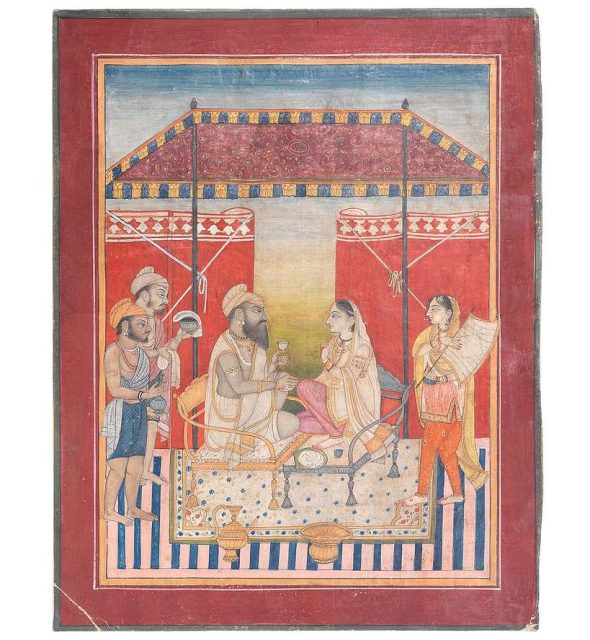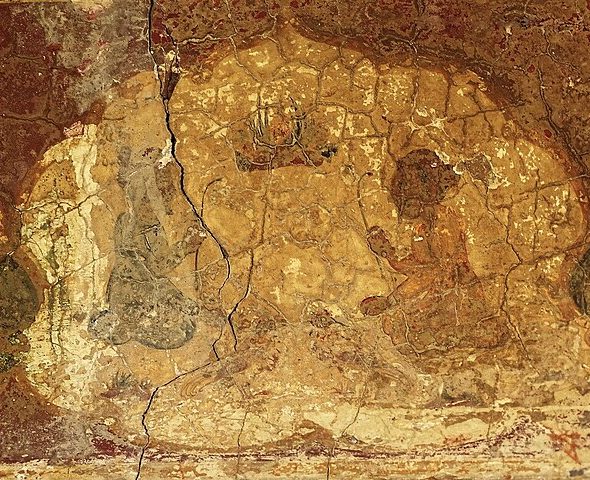
DESA SINGH MAJITHIA (1768-1832), an army general and civil administrator in Sikh times, was the son of Naudh Singh, a feudal retainer under Amar Singh Bagga of the Kanhaiya misl. When Naudh Singh died in 1788, Desa Singh succeeded to the family estates. He served Buddh Singh Bagga, successor of Amar Singh Bagga, for a number of years before joining Ranjit Singh`s army. In 1804, Desa Singh was made a commander of 400 sowars. He served the Maharaja in many of his early campaigns.
Aris Daya Singh (1894 - 1946) was popular writer of devotional and didactic verses. He belonged to a backard rural family of farm labourers called Mazhabi Sikhs. Having been thrased by his poor father, Santa Singh, because of his pursuit of learning, left home and started living as a recluse; learnt Punjabi, Hindi, anskrit, Urdu, Persian and Arabic: and studied scriptures of the Sikhs, Hindus and Muslims from their traditional teachers at their respective places of worship and instruction. He began writing poetry while in teens and published his maiden book, Fanah da Makan (Abode of Mortality), in 1914: followed by his most popular work, Zindagi Bilas (Discourse on Life), in 1915.












